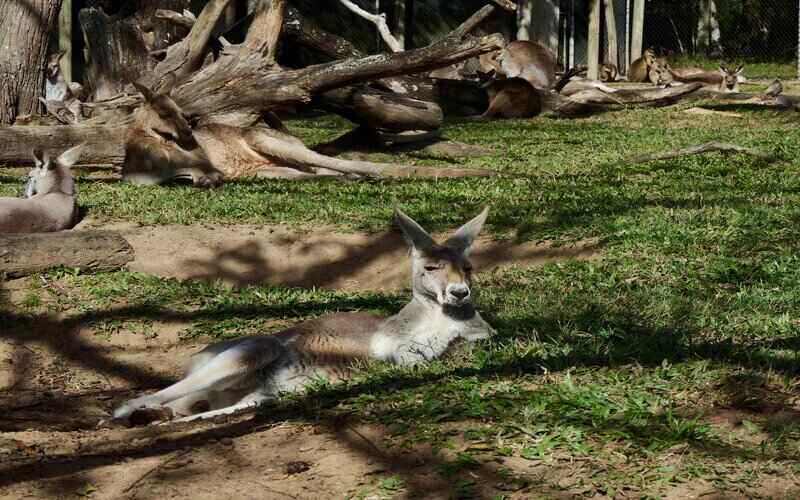The ACTU wants the Fair Work Commission to raise the current minimum wage by 6% to $762.20 a week, up from $719.20, with a further 5.5% increase next year.
This would bring the minimum wage to 60% of Australia’s median wage.
ACTU secretary Sally McManus said a 10%+ increase over two years would lift people out of poverty.
“No full-time worker should live in poverty,” Ms McManus told ABC Radio National on Wednesday.
“If you work 38 hours a week you should earn a living wage, one you can survive on not one that pushes you into poverty.”
This is more than the above-inflation $24.30 a week that was granted by the Fair Work Commission last year and naturally clashes with what employers want.
The Australian Chamber of Commerce and Industry has urged the commission to instead grant an increase no greater than $12.95 per week, saying this amount is “an appropriate and prudent level of increase”.
In a press release yesterday, ACCI CEO James Pearson called for the continued review of minimum wages by an independent body.
“For more than a century, minimum wages have been set by an independent body – not the Government, nor Parliament,” Mr Pearson said.
“Wage decisions must be made on their independent merits, and not allow for political influence.”
The ACCI also supplied the following statistics:
- Only around 200,000 workers (1.9%) earn the actual National minimum wage of $18.93 an hour ($37,398 a year) out of around 10 million employees.
- Up to 2.3 million workers (22.7%) are on higher minimum wages included in awards.
Ms McManus said a 10.7% ($72.80 per week) increase is necessary to ensure no full-time worker lives below the poverty line.
“No one in Australia should be forced to work below the poverty line but that is exactly what the current minimum wage guarantees,” Ms McManus said.
“Within two years, we can make sure no full-time working Australian lives in poverty while also stimulating spending and generating economic activity and growth.”
The Labor Party has ruled out mandating the proposal that the minimum wage be 60% of the median wage.
Australians working more than one million second jobs
The latest labour market insights from the Australian Bureau of Statistics (ABS) shows a record number of Australians are working two jobs.
The number of secondary jobs rose to more than one million in the December 2018 quarter, which represents more than 7% of all jobs in the economy.
The total number of jobs worked in Australia increased by 1.2 per cent in the quarter, which according to Bruce Hockman, Chief Economist at the ABS, was significantly affected by secondary job seekers.
“More than a third of this increase in filled jobs was accounted for by secondary jobs, which shows that multiple job holders are accounting for a larger share of filled jobs in the labour market,” he said.
This rise in secondary jobs has largely been helped by the gig economy, with the likes of Uber making it easier than ever to earn some cash on the side.
But Ms McManus and the ACTU’s point is that one job should be enough to get by.
At this current rate, unions and wages are likely to have a major effect on the upcoming federal election.
For feedback or queries, email will.jolly@savings.com.au



 Harrison Astbury
Harrison Astbury
 Harry O'Sullivan
Harry O'Sullivan

 Emma Duffy
Emma Duffy
 Aaron Bell
Aaron Bell

